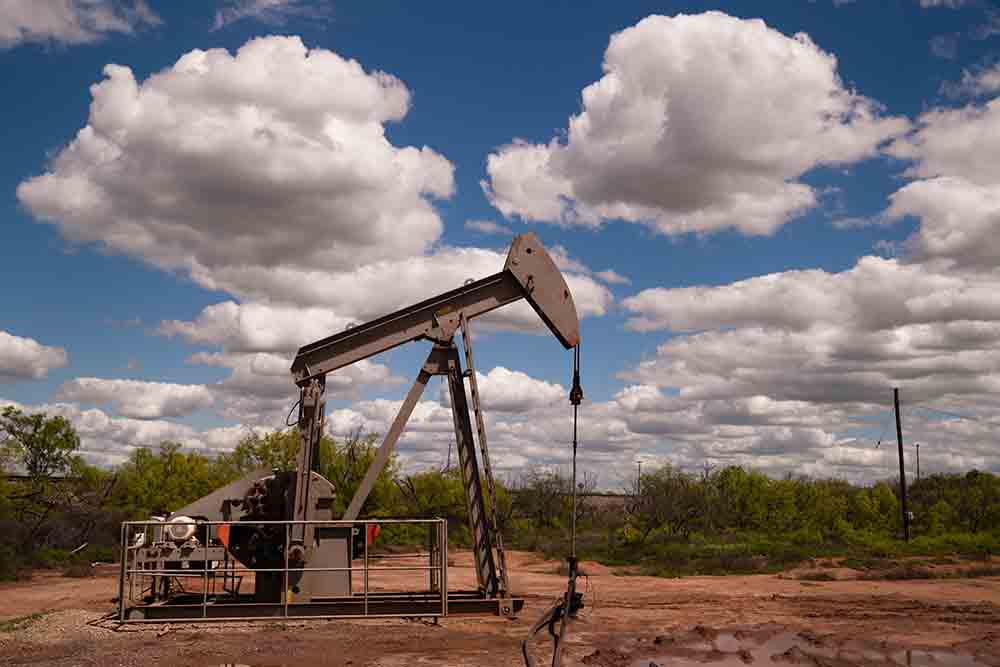When we start discussing the inevitable economic recovery after the COVID-19 pandemic, both Nova Scotia and New Brunswick should lift restrictions on natural gas fracking.
Natural gas prices are at lows, but that will not stay the case forever. Energy industry observers say there is a natural gas supply glut, even well before the pandemic. However, the oversupply problems seem to be worse for American LNG exports (given that the Trump administration has ramped up fracking in the States), and the same observers are saying an export route could help with the glut. Perhaps that is where Maritime producers – as well as Quebec perhaps – could fill this need for world energy markets.
The two Maritime provinces have varying levels of restrictions on the practice of hydraulic fracturing or “fracking,” although New Brunswick – before the pandemic – was showing signs of opening up its province-wide moratorium.
In June 2019, the New Brunswick government passed an order-in-council exempting the province’s Sussex area from the province-wide fracking moratorium. However in late 2019, the government got into some hot water over issues related to the duty to consult and accommodate New Brunswick First Nation communities over the new natural gas regulations.
However, the Duty to Consult policy for New Brunswick has not been updated since 2011 and it does contain hopeful sounding, but nebulous and vague language. Both New Brunswick and Nova Scotia need to clarify their consultation protocols to avoid litigation.
Nova Scotia – at one point well before the pandemic – had discussed the issue of fracking as well as opening up and lifting the moratorium restrictions to develop regulations surrounding fracking, but the debate was largely short-circuited by activists who have created much fear and misinformation about fracking, as it is practiced here in Canada.
In 2018, an independent study commissioned by the provincial government estimated that natural gas trapped in Nova Scotia’s shale beds, recoverable only by fracking, could be worth roughly $14 billion to $40 billion.
Ezra Levant, in his 2016 book Groundswell, laid out a compelling argument for fracking in the Maritime provinces. New Brunswick also is home to one of the richest shale gas deposits in the county. Former New Brunswick Premier Frank McKenna – who did a lot during his Liberal government to bring economic development to the third poorest province in Canada – estimated that New Brunswick’s shale-gas industry could generate more than $7 billion in royalties and tax revenues for the government.
At the time the book was written, the province had an annual budget of $8 billion alone, suggesting that fully utilizing the province’s natural gas potential would be a significant economic game-changer.
Combined with an Atlantic seaport, the provinces could become an energy-exporting hub and export natural gas to international markets such as Asia and Europe and potentially alleviate the oversupply of natural gas in some regions and perhaps become the natural gas of choice for some utilities.
Indigenous communities in both provinces should realize the amazing potential of natural gas to revolutionize their own communities and should engage in good faith to allow fracking in environmentally safe and sustainable ways.
I live near Cape Breton Island in Nova Scotia. In this part of the country, coal is shipped by train from Sydney, Nova Scotia to coal-fired electricity generation stations, as Nova Scotia is still largely dependent on imported coal for its energy needs. It’s almost an insult to watch Nova Scotia import coal in the midst of Cape Breton Island. However, if the province wants to wean itself off the dirtier fuel, they have plentiful supplies right at home. Nova Scotia – like all the Atlantic areas – has to send their ambitious and hard-working young people to the Western provinces to tap into resources that they could access right in their own province. Considering the moratorium, it actually seems quite hypocritical of the province to allow that state of affairs.
Nova Scotia is a high-tax, economically-poorer province and it is a shame that it is not allowing one economic option that could jump-start its own economy and allow its native sons and daughters to return home to work.
Maritime provinces – and Quebec – should be deeply involved in the game to deal with the natural gas glut as natural gas prices recover. They should never be spectators watching U.S. producers continue to dominate markets.
Once the worst parts of the pandemic subside and the economic recovery becomes front and centre, the Maritime provinces should not allow politics and NIMBYism to overcome good economic sense. The provinces must also remove vague language in Indigenous consultation policies. Fracking can be done safely and profitably, for both non-Indigenous and Indigenous communities in the Maritimes.
Maritime provinces can become powerful players in the post-COVID-19 export-based economic recovery.
Joseph Quesnel is a research associate with the Frontier Centre for Public Policy. www.fcpp.org



